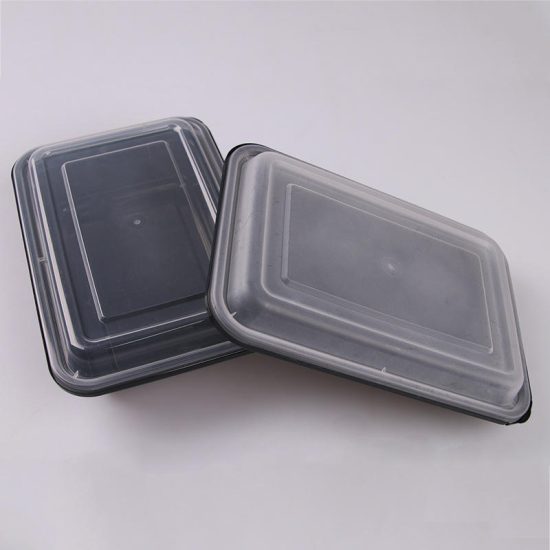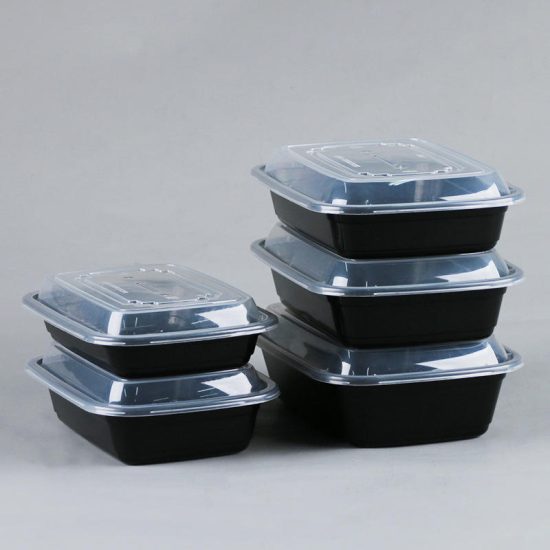Introduction: In a world where conscious consumption is gaining momentum, the food industry is making substantial strides toward sustainability. One arena where this commitment to eco-friendliness shines is in meal box services. These services not only cater to our culinary cravings but also embrace a responsible approach to sourcing, packaging, and waste reduction. In this article, we explore the sustainable practices that are becoming an integral part of the menu in meal box services.
1. Locally Sourced Goodness: Reducing Food Miles Sustainability begins with sourcing ingredients close to home. Many meal box services prioritize partnerships with local farmers and producers, reducing the carbon footprint associated with transporting ingredients across long distances.
2. Seasonal Selections: Embracing Nature’s Rhythms Sustainable meal box services align their offerings with seasonal produce. By embracing what’s in season, these services reduce the need for energy-intensive practices like greenhouse cultivation and refrigeration.
3. Minimizing Food Waste: Portion-Controlled Perfection One of the most significant contributors to food waste is overconsumption. Meal box services combat this by providing pre-portioned ingredients, minimizing excess and ensuring that no ingredient goes to waste.
4. Thoughtful Packaging: Reducing Single-Use Plastics Eco-friendly meal box services steer clear of single-use plastics. Instead, they opt for sustainable packaging materials such as compostable containers, recyclable cardboard, and biodegradable wraps.
5. Minimalistic Deliveries: Streamlining Packaging In addition to choosing sustainable materials, some meal box services focus on minimalistic packaging. This approach not only reduces waste but also enhances the unboxing experience for customers.
6. Reusable Options: A Circular Approach Sustainability in meal box services extends beyond packaging. Some services offer reusable containers, allowing customers to return packaging after use, which is then sanitized and repurposed for future deliveries.
7. Carbon Footprint Consideration: Efficient Delivery Routes Sustainable meal box services take into account the carbon footprint of their delivery operations. They optimize routes, consolidate deliveries, and use energy-efficient vehicles to minimize environmental impact.
8. Composting Collaborations: Closing the Loop Collaboration with composting facilities allows meal box services to divert food waste from landfills. This closed-loop approach supports nutrient-rich soil production and reduces methane emissions.
9. Ethical Seafood and Animal Products: Sourcing Responsibility For meal box services that include animal products, sustainability extends to responsible sourcing. These services prioritize ethical animal husbandry and support fisheries that adhere to sustainable fishing practices.
10. Educational Initiatives: Fostering Eco-Conscious Consumers Sustainable meal box services often include educational elements in their offerings. From sharing information about their sourcing practices to providing tips for reducing food waste at home, these initiatives foster an eco-conscious mindset among consumers.
Conclusion: Sustainability has found its way onto the menu in meal box services, transforming the way we approach dining. With locally sourced ingredients, thoughtful packaging, waste reduction strategies, and a commitment to ethical practices, these services are setting a new standard for responsible consumption. As you enjoy the culinary delights delivered to your doorstep, remember that each meal represents a step towards a more sustainable future—a future where good taste and responsible choices are harmoniously combined.


